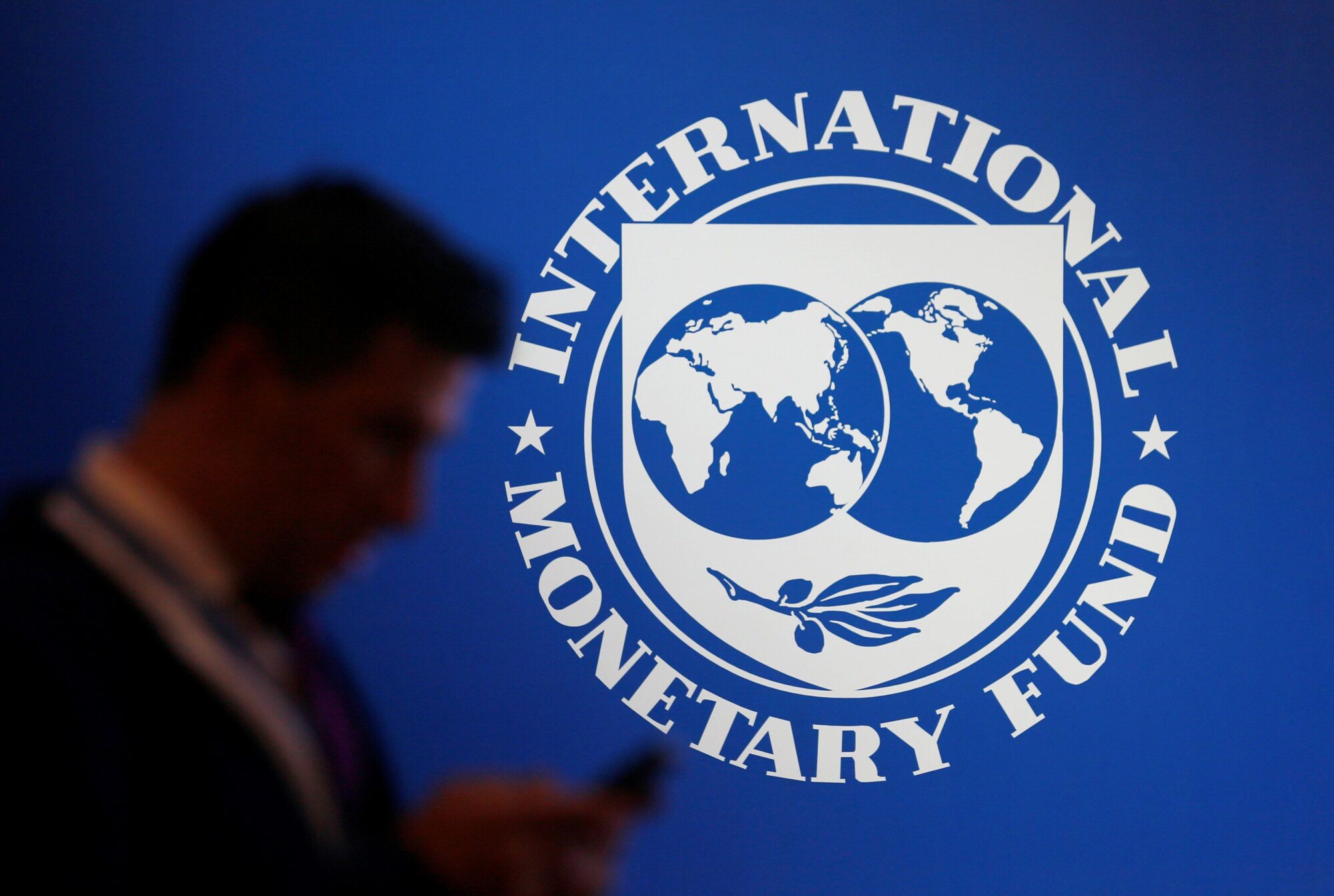The specter of automation looms large again, this time courtesy of a new report from the International Monetary Fund (IMF). The report, titled “The Rise of the Machines: AI and the Future of Work,” predicts that artificial intelligence (AI) could displace up to 40% of jobs globally, particularly in advanced economies. While this figure might seem startling, it’s sparking crucial conversations about how we can prepare our workforce for a future where human-machine collaboration becomes the norm.
So, is the robot apocalypse on the horizon? Not quite. The IMF report emphasizes that AI’s impact will be varied, with certain sectors facing greater disruption than others. Jobs involving routine tasks, data processing, and predictable decision-making are most at risk of automation. Think data entry clerks, assembly line workers, and even some middle-management roles. Conversely, jobs requiring creativity, critical thinking, and social intelligence are expected to be relatively safe, with areas like healthcare, education, and scientific research offering promising opportunities.
But what about the millions potentially left behind by this technological sea change?
This is where the conversation about workforce adaptation and reskilling enters the picture. The IMF report highlights the urgent need for educational systems to evolve, prioritizing skills like analytical thinking, problem-solving, and digital literacy. Governments and businesses, too, must play their part by providing targeted training programs and investing in technologies that facilitate human-machine collaboration.
The good news is that AI isn’t a job-killing monster, but rather a catalyst for transformation. History teaches us that technological advancements, from the Industrial Revolution to the rise of the internet, have always sparked job displacement followed by the creation of new opportunities. The key lies in being proactive and ensuring that everyone has the tools and skills needed to thrive in this evolving landscape.

Here are some key takeaways from the IMF report:
- AI will disproportionately impact advanced economies: Countries with developed AI infrastructures and automation-friendly industries are likely to see higher job displacement rates.
- Vulnerable populations face the greatest risk: Low-skilled workers and those whose jobs heavily rely on routine tasks are most likely to be displaced.
- Education and training are crucial: Investing in skills development and lifelong learning is essential for navigating the AI era.
- Human-machine collaboration is the future: Instead of fearing robots, we should focus on building workplaces where humans and AI work together to create new opportunities and solve complex challenges.
Other News on Times Enigma:
Deepfakes Beware! McAfee Unleashes “Project Mockingbird” – The Audio Truth Serum
While the IMF report paints a potentially unsettling picture, it also underscores the immense potential of AI to drive innovation and improve our lives. By embracing technology strategically and preparing our workforce effectively, we can harness AI’s power to create a future where humans and machines collaborate for a brighter tomorrow.
Remember, this is just the beginning of the conversation. The impact of AI on the future of work is a complex and nuanced issue, and it will take continued dialogue and collaborative action to ensure a smooth and equitable transition for all. So, stay informed, engage in the conversation, and actively participate in shaping the future of work. The robots might be coming, but it’s up to us to decide how we dance with them.

One Reply to “40% Jobless? IMF Report Sounds Alarm on AI Threat to Advanced Economies”